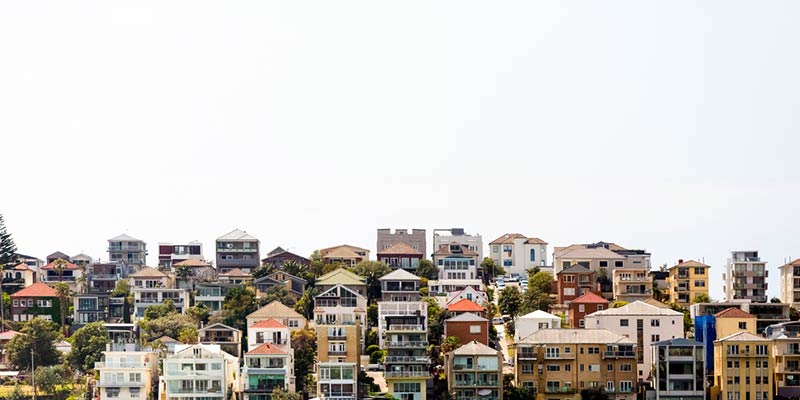Apartment or House: Which is the better investment?
Buying your first investment property–whether an apartment or house is an exciting time. But how do you know which type of property is the better investment?
As with all investments, it depends.
The best place to start is to first figure out your property investment strategy: are you looking an apartment or house for capital growth or cash flow?
A capital growth strategy is buying an investment property that is expected to increase in value in the longer-term.
Whereas a cash flow strategy is buying a property that will deliver good rental yield and allow you to draw a direct income, immediately.
Making good property investments comes down to doing your research and knowing the market.
Secondly, you’ll need to work out how much you want to spend on your investment property.
It’s important to consider the upfront purchase cost as well as the ongoing costs of owning an investment property.
These include the all-important deposit, stamp duty and legal fees and possibly mortgage insurance if you have less than a 20% deposit. Not to forget, landlord’s insurance, repairs and maintenance costs, council rates and property management fees.
It’s worthwhile doing these sums in advance. For example, while the upfront costs of an apartment may be less than a house in the same area, buying a house means you’re exempt from paying body corporate fees, which can be quite hefty depending on the condition of the building, its features, and the area.
On the other hand, purchasing a house means you’ll need to pay utilities and land taxes. But the upside is that all these expenses are tax deductible.
Once you’ve worked out the investment method and budget that suits you best, you’ll be better placed to decide on the other factors such as the location, market, and type of property, namely choosing between an apartment or house.
While there’s no definitive answer, John Carew, Director of Sydney property buying agency, Mayfield Property Buyers, says making good property investments comes down to doing your research and knowing the market:
“When deciding on where to buy, you need to do your research to understand what’s going to drive an area in terms of infrastructure, school catchments and socio-economic factors.”
“It’s almost always about supply and demand,” says John. “Properties that are close to the CBD or have good public transport to the city and easy access to shops, schools and amenities are often in higher demand.”
But he cautions that location isn’t everything and the property itself also needs to cater to the needs of the renter. “Knowing who would want to live in that area will help you decide what your property needs to offer to appeal to the market.”
Buying the type of property that is most common in that area will attract greater appeal to broader segments of the market.
When deciding on what type of property to buy, John suggests buying a property that is most common in that area as it will attract greater appeal to broader segments of the market:
“Typically, renters are attracted by the common appeal of an area, if you think of the townhouses in Paddington versus the bungalows in leafy Wahroonga, few people would want to live in a townhouse in an outer suburb.”
While there are many factors to consider before investing in either an apartment or house, John advises his investor clients to look at the value of the property, not just the purchase price.
“For first-time investors buying an apartment is often the first choice because the price is typically cheaper than a house and can sometimes deliver better rental yields. But investors should also consider what the property is worth and its growth potential.”


